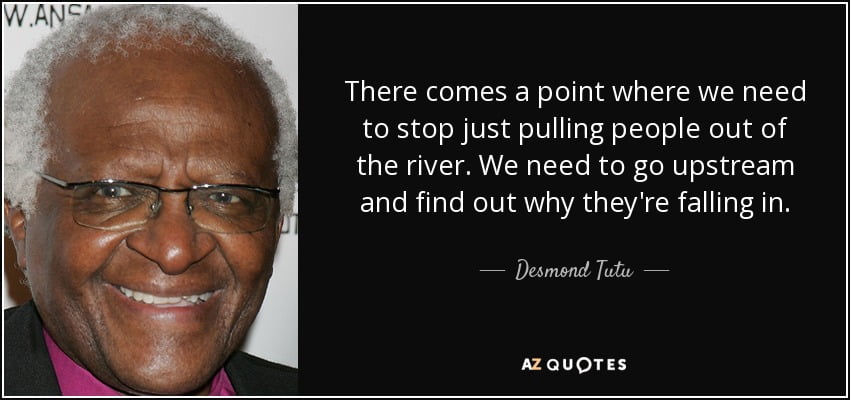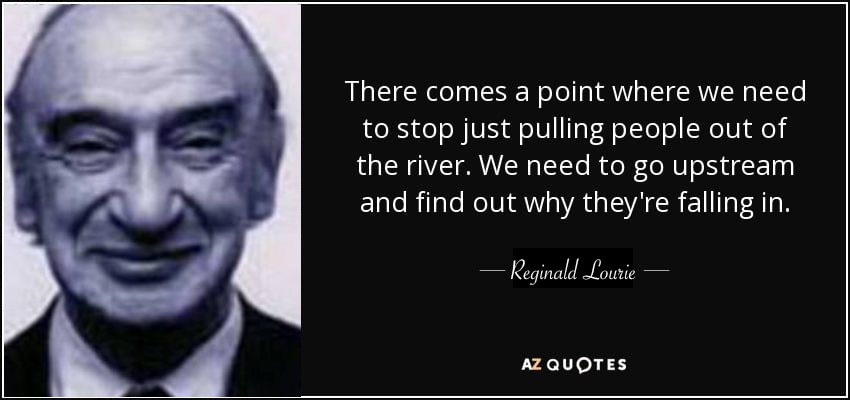In the early days of social media, I was at a family gathering where I fear I lost some street cred with my nephew. He was talking about ‘memes’ and he said something along the lines of “Quentin will know what those are”. Yes, I confirmed, just catching the end of the conversation. ‘Meme’ is a phrase coined by Richard Dawkins in 1976 in The Selfish Gene. He was exploring whether cultural ideas might reproduce and spread themselves in a similar manner to the genes for certain successful biological traits. At the time, though, my nephew was probably thinking more about pictures of kittens or celebrities overlaid with bold-faced subtitles! Still, the idea of a ‘meme’ has certainly had a fair degree of meme-like success, though it has mutated over time, and many people might be ignorant of its origin!
On the subject of origins, one of the most attractive types of meme is the one that says “Well-known person X said clever thing Y”. This was very successful long before the internet, but has truly flourished since. We all love a good quotation, particularly if we can put it on a poster with a picture of Winston Churchill or Albert Einstein. I was thinking of this recently on a call when I mentioned the famous one, “If we knew what we were doing, it wouldn’t be called research”. This is widely attributed to Albert Einstein, but probably wasn’t actually his. I have a list of some of my favourite quotes on my website, and many of them now have qualifiers alongside the attributions.
Terence Eden has just written a nice blog post on a quotation from Desmond Tutu:

A very pleasing idea, but Eden suggests that Tutu may never even have used it; in any case he almost certainly didn’t originate it. That honour is likely to go to Reginald S Lourie, a man of some eminence, but whose face, though genial enough, is much less well known than the good archbishop’s. Would this quote be as popular if it had had to spread this way?

The idea that a meme needs to attach itself to a successful organism does relate back to Dawkins’ ideas, though the effect is perhaps more closely aligned to parasitology or epidemiology than pure natural selection. (Dawkins himself was, I seem to recall, hesitant to push the meme/gene analogy too far.)
We need to be reminded of this regularly, to help us appreciate both that something isn’t necessarily true just because somebody famous said it, and that ordinary people can occasionally say extraordinary things.
As a great man* once said, “I dream of a world where the success of a great idea does not depend on the fame or fortune of its creator.” If this is your dream too, please spread the word by retweeting the image below.
* Me, in my shower, this morning.
